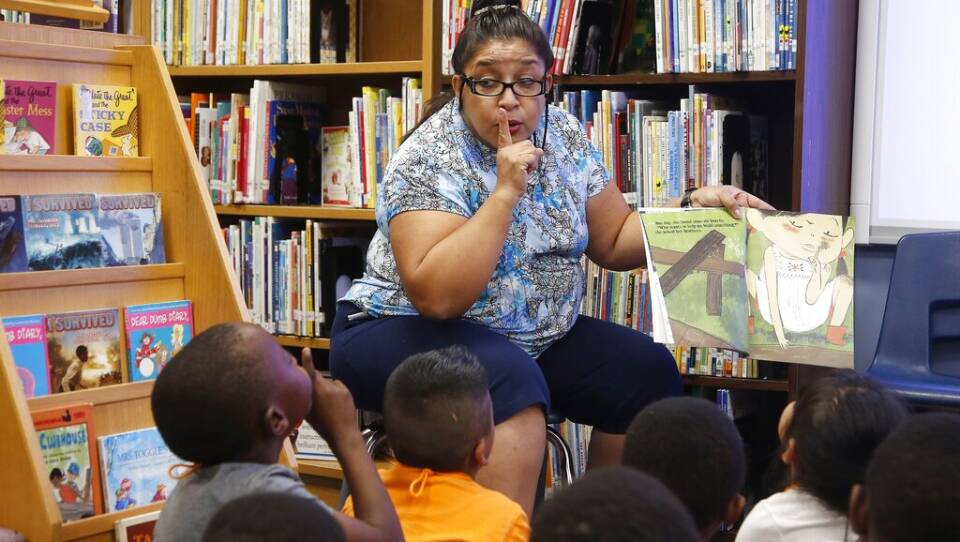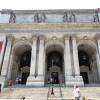From my earliest days as a young reader, librarians have been my heroes. They were the gateway to a world bigger than I could imagine. They seemed to extend themselves in helping me find books that would both excite and challenge me. From the librarians who ran the Bookmobile when my family lived for a short time in a small town, to the librarian who headed one of the libraries based in Memphis’ primarily Black neighborhoods, they saw me.
The library was a staple in our lives. My mother, herself a voracious reader, began taking us to the library as toddlers. When we got older, my father’s toughest punishment for bad behavior was canceling our weekly trip to the library. Usually, that was enough for my sister and me to straighten up. I always had admiration and respect for librarians at the public libraries I visited, but the school librarians were pivotal to my intellectual growth. Since I read above grade level, their suggestions and guidance about books were vital in supporting my well-rounded reading habit. And I could count on the librarian to find those few books that focused on Black history and stories featuring young Black women like me.
But school librarians today are increasingly being pressured to forgo some of the books they’ve curated and recommended because of anger about content and subject matter. What’s more, the objectors — who include parents, conservative politicians and special interest groups — are no longer bothering to talk with the school librarian to discuss their concerns. Instead, they’ve ratcheted up their attacks on school and library employees, demanding the right to review and edit the library collections. Worse, in states like Wyoming, local officials are threatening to prosecute school and library employees for books deemed “obscene.”
And once again, librarians are facing down the legal threats and community pressure on behalf of those they serve. Perhaps it won’t be surprising that the books most often targeted are written by LGBTQ people and authors of color which deal with issues of identity, bias and gender. Angie Thomas’ young adult book “The Hate U Give” was not only a New York Times bestseller, it drew enthusiastic young fans of all races. The movie by the same name made it even more popular. But the opposition questions its value and appropriateness. As it does the book “I Am Jazz” about a transgender girl, and the bestselling books of Boston’s own Dr. Ibram X. Kendi which focus on anti-racism.
As The 19th news website reported , Republican Glenn Youngkin promoted a campaign ad featuring a white mother who didn’t want her child to be taught the novel, “Beloved,” by Nobel Prize–winning author Toni Morrison. It was part of his successful strategy to win the Virginia governor’s race denouncing a critical race theory curriculum that is not taught in Virginia, or for that matter, K-12 grades in general.
Celebrated author Ray Bradbury famously said, “You don’t have to burn books to destroy a culture. Just stop reading them.” Or force out the librarians. In September, during Banned Books Week, The American Library Association’s Office for Intellectual Freedom announced a 60% increase from last year on the number of challenges to books offered in schools and public libraries. Librarians are raising the alarm about the politically driven censorship efforts. Many have fought back in the face of personally directed vitriol, quietly refusing to give in to the pressure. But others have resigned. Exhausted by parents' attempts to control not just what books their children read — which is their purview — but also what books all students get to read. Banning books, forcing librarians to engage in censorship — how is it possible that this insidious undermining of democracy is gaining a foothold in a society that prides itself on free and critical thinking? Stand with librarians.







